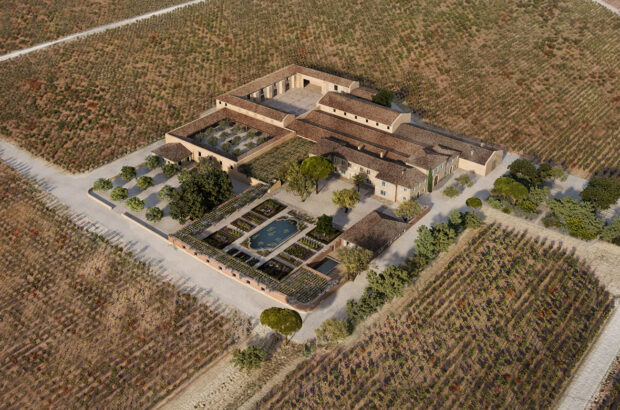Do rootstocks influence flavour? Ask Decanter
Rootstocks have proved vital in protecting vines against phylloxera, an insect that attacks vines and which wreaked havoc across European vineyard regions in the late 19th century, in particular.
Things were looking bleak before it was discovered that winemakers could beat the pest by grafting their classic vitis vinifera vines on to naturally-resistant North American vine varieties.
But apart from this vital use, can rootstocks impart different flavours to wines?
‘Rootstocks ultimately influence vigour, yields and nutritional uptake of a vine,’ said Charles Simpsons, of Simpson Wine Estate in Kent, southern England. ‘For these reasons, you could argue that rootstock can influence flavours,’ he told Decanter.com.
However, he said the influence of rootstocks should not be over-emphasised.
‘Rootstocks are only half the story, as soil type also has a significant role to play, and a vigneron tries to marry their different soil types to the attributes of a rootstock,’ said Simpson.
‘In our case we put the higher vigour rootstocks on the lower vigour soils and vice versa, so that they compensate for each other. The goal is that one gets greater consistency in yields, concentration and maturity by considering variety, clones, rootstock and soils.’
Chris Fross, Head of the wine division at Plumpton College, said that there was little evidence of specific rootstocks directly influencing flavour.
‘Instead, it’s best to think of rootstocks as the ‘footwear’ of vines,’ he told Decanter.com.
‘This needs to be adapted to the soil conditions (alkalinity, compact, damp, sandy, salty, dry) in the same way as we would wear different shoes for different soil conditions, such as sandals on the beach, or wellingtons in the mud.’
‘They affect vine vigour, but ultimately, you can’t detect different flavours conferred by different rootstocks, or distinguish wines made from grafted and ungrafted vines.’
Case study: rootstock selection
‘Due to our high chalk soils here at Simpsons Wine Estate, with high levels of active calcium carbonate CaCo3, we only use two types of rootstock, Fercal and 41B,’ said Simpson.
‘Fercal is usually more vigorous than 41b, due to its higher-density, shallower, scavenging roots.
‘In isolation, the resulting wines grown on Fercal could have higher yields and therefore less concentrated [wine] than the same clones grown on 41b.’







